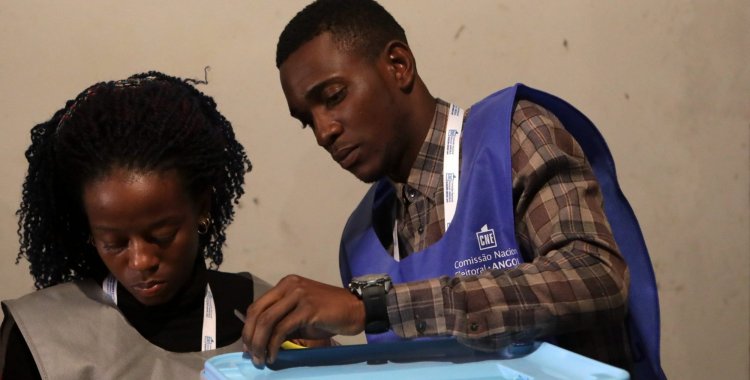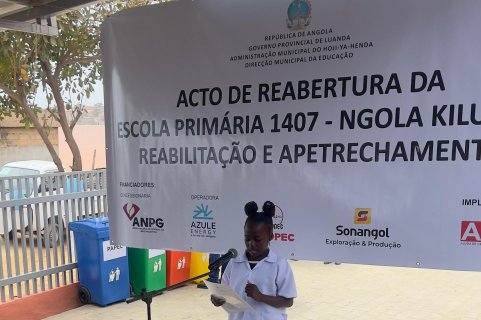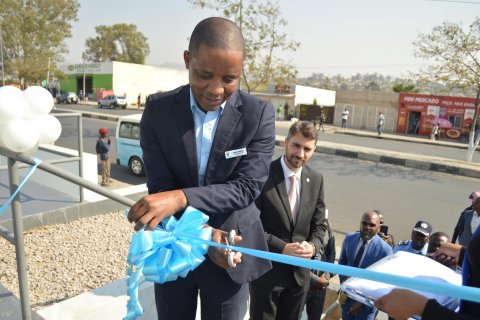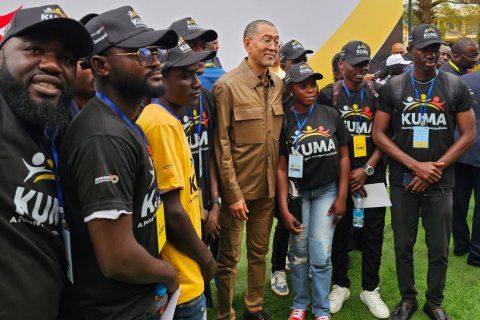According to CNE spokesman Lucas Quilundo, the electoral body approved a list of several national organizations and personalities that individually requested accreditation to observe the August 24 general elections.
Lucas Quilundo explained that the Electoral Observation Law establishes that entities interested in carrying out electoral observation must request this quality from the CNE and that organizations that wish to do so must be legally constituted so that they can prove their legal personality.
"This platform of organizations not having this requirement, the plenary declined, rejected their request", he explained.
Obea, chaired by Gabriel Mbilingi, Archbishop of Lubango, is an electoral civic platform that essentially aims to educate citizens to exercise citizenship.
The CNE spokesperson said that the approved organizations and individuals will be announced shortly, adding that it exceeds 1,700 observers.
"It's a long list", considered Lucas Quilundo, who, when asked if this number will be enough to observe about 21 thousand polling stations, replied that "it is the legal criterion".
"The law establishes the criterion of electoral observation for accreditation not by polling station, but by constituency, with 18 constituencies, and considering what the plenary opportunely approved in the specific regulation, where it was established that each organization can see accredited up to three observers per constituency seems to us to be a reasonable number," he said.
According to the CNE spokesman, "it should be very clear, very clear, that the observation criterion is not per table".
"By the way, the experience of electoral observation that we have in other countries hardly or almost never an organization has the capacity to fill all the polling stations that work on that day. This is not even the foundation and reason for being of electoral observation", creased.
At this Monday's meeting, the CNE plenary approved the schedules for the use of airtime by political parties and a coalition of political parties competing for the general elections on 24 August, having established that for radio the period runs from 3:00 pm on onwards, with ten minutes for each candidacy, and for television established the period from 19:00, with five minutes per candidacy.
Political parties were provided with the definitive mapping of polling stations, a legal requirement.
The CNE has asked political parties to provide a list of their operators, who will be given specialized training to operate the electronic equipment provided by the CNE.
Lucas Quilundo informed that with the equipment they will insert voters who wish to be accredited as delegates of lists into the system, and then the data will be downloaded to the respective municipal electoral commission and the credential will be printed.







